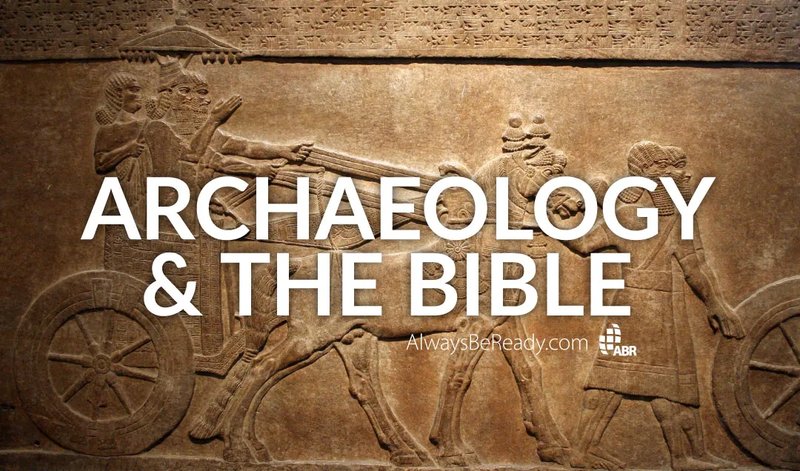· Apologetics > Apologetics Basics > Science · 5 min read
Biblical Guide to Fideism in Christian Faith: Deepen Your Belief
Explore the essence of fideism in this insightful article that delves into the philosophy of faith over reason, challenging conventional beliefs.

Fideism: The Relationship Between Faith and Reason
Fideism is a philosophical perspective that asserts the incompatibility of religious faith and reason. It suggests that faith and reason are separate domains that cannot be reconciled with each other. According to fideism, religious faith involves a level of absolute certainty and personal commitment that goes beyond what can be rationalized or justified by reason alone. In other words, one cannot and should not seek empirical evidence or logical arguments to support religious beliefs.
The Essence of Fideism
Christian fideism holds that rational and scientific arguments for God’s existence are irrelevant because the core of true Christianity lies in salvation through faith alone. Fideists argue that human rationality has been tainted by sin and is therefore untrustworthy. They believe that the truths revealed in Scripture must be accepted and believed even if they cannot be logically or rationally proven.
In essence, fideism suggests that if the existence of God could be proven through evidence or reason, faith would become unnecessary or irrelevant. It asserts that true faith requires a personal commitment and certainty that goes beyond what can be obtained through rational argumentation.
Early Advocates of Fideism
One of the early proponents of fideism was Søren Kierkegaard, a Danish philosopher who lived in the 19th century. Kierkegaard argued that since faith requires absolute certainty, which cannot be achieved through rational argumentation, it must always go beyond the evidence. He put forth three key arguments to support his view:
The Approximation Argument: Kierkegaard contended that arguments can never provide absolute certainty because there is always room for misinterpretation or errors in reasoning. Since faith demands absolute certainty, it must transcend reason.
The Postponement Argument: Kierkegaard believed that new data or evidence could potentially invalidate previous conclusions. If faith were based solely on scientific investigation, one would have to wait indefinitely for all the data to be collected. In order to have the certainty that faith demands, one must choose to believe what cannot be acquired through scientific inquiry.
The Passion Argument: This argument emphasizes the personal commitment inherent in faith. Kierkegaard asserted that since evidence is imperfect, there is always a risk involved in believing any conclusion. He considered faith that goes against known evidence to be the most valuable because it involves the greatest risk. He believed that if conclusive evidence for God’s existence were available, belief in God would be unremarkable and uninteresting.
Blaise Pascal, a 17th-century French mathematician, physicist, and religious philosopher, was another prominent advocate of fideism. Rather than attempting to argue for the existence of God, Pascal invited skeptics to view faith as a cost-free choice with potential rewards. His famous argument, known as Pascal’s Wager, suggests that believing in God is a win-win situation. If God exists and one believes, they stand to gain everything. If God does not exist and one believes, they lose nothing.
Strengths and Weaknesses of Christian Fideism
Christian fideism has both strengths and weaknesses as a philosophical perspective. It correctly acknowledges that rational and logical arguments cannot ultimately prove the existence of a transcendent God as revealed in Scripture. It recognizes that faith is not based on evidence or reason alone but on who God is and the surety of His promises.
However, one weakness of fideism is that faith solely grounded in personal feelings and experiences can be unstable. The strength of such faith may fluctuate depending on circumstances and emotions. On the other hand, faith founded on facts can be both reasonable and logical, providing a solid foundation that withstands life’s challenges.
Why This Matters
Understanding the relationship between faith and reason is crucial for Christians seeking a deeper understanding of their beliefs. Fideism challenges the notion that faith must be substantiated by rational arguments or empirical evidence. It emphasizes the importance of personal commitment and certainty in religious faith.
Christian fideism reminds believers that faith is not solely an intellectual endeavor but also a deeply personal and spiritual one. It encourages them to trust in God’s revelation and promises, even when they cannot be fully understood or explained by human reason.
Think About It
- How does fideism differentiate between faith and reason? Do you agree with this separation or do you believe they can be reconciled?
- Consider the arguments put forth by Kierkegaard and Pascal. Do you find them convincing? Why or why not?
- Reflect on your own faith journey. How much weight do you place on reason and evidence in your beliefs? How important is personal commitment and certainty to you?
Remember, while fideism suggests that faith goes beyond reason, Christianity also affirms the importance of engaging with our intellect and seeking understanding. As Psalm 19:1-3 states, creation itself testifies to God’s existence, providing evidence of His handiwork. Romans 1:18-32 further speaks to the suppression of truth by those who deny God’s existence, suggesting that rationality can lead us to recognize the reality of a Creator.



